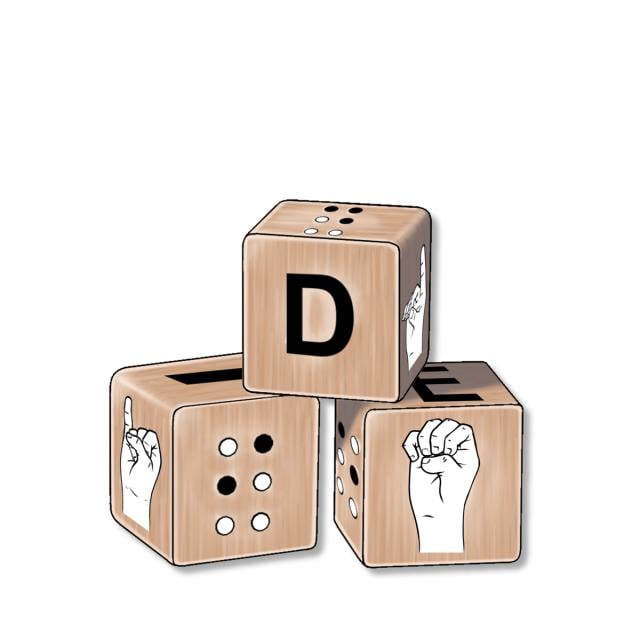MOOC List is learner-supported. When you buy through links on our site, we may earn an affiliate commission.

MOOC List is learner-supported. When you buy through links on our site, we may earn an affiliate commission.
Inclusive education is only possible if teachers are supported and empowered to make the curriculum accessible to all learners. The topics in this course cover developing disability confidence and what exactly children with specific impairments need to be able to learn. This includes sharing specific classroom strategies and teaching activities for learners who are D/deaf or hard of hearing, blind or have low vision or have a severe to profound intellectual disability. By the end of the course, you will be familiar with the impairment specific needs of learners with disabilities, and how to build systems of support for inclusive education.
You will be able to purchase a Verified Certificate if you wish to show evidence of your achievements, but this is optional, and you may apply for Financial Aid if you are unable to pay the certificate fee.
This course was developed as part of the project ´Strengthening teaching for Children with profound Hearing, Visual and Intellectual Disabilities in South Africa` co-funded by Christoffel-Blinden Mission (CBM) and the European Union.
What You Will Learn
- Be able to understand disability as an issue of social justice
- Describe educator support needs with regards to disability inclusion
- Identify the systemic support structures available to teachers within the education system
- Understand the impairment specific support needs of learners with disabilities
Syllabus
WEEK 1
Inclusive education and special education: Equality and equity
This week, we consider what disability inclusion means by exploring different models of disability as well as disability rights and policies. Drawing from the history of special and inclusive education we look at how mainstream schools can move towards becoming inclusive schools and how special education can fit into an inclusive education framework. At the end of this week, there is a graded quiz, where you can check your understanding of the key concepts. Every week, you are invited to reflect on the topics in the discussions where you can talk with others about what this means for your practice as an educator.
WEEK 2
Supporting disability inclusion
This week focuses on teacher empowerment and what teachers need to know to better support learners with disabilities. We begin by sharing with you what the Teacher Empowerment for Disability Inclusion (TEDI) project's research findings revealed about teachers’ educational needs. This week we hear powerful personal testimonies of individuals living with disabilities about their schooling which highlights the importance of the empowered teacher in their lives when they were learners. At the end of this week, there is a graded peer review and opportunity for reflection through discussion.
WEEK 3
Systemic support for educators
This week focuses on the systemic support structures that are available to teachers and educators in order to support learners with impairments. A former teacher and two district officers share their experiences of support structures and the roles they had to shape and implement policies within the spaces they found themselves in. We will also explore some insights from the TEDI research project on how teachers feel they are supported. At the end of the week, there is a graded quiz and optional Honours Peer Review assignment where you can explore these topics further.
WEEK 4
Principles and approaches for disability inclusion
This week discusses how to make the curriculum accessible for all - particularly focusing on those with severe to profound disabilities. This includes understanding some of the causes of specific impairments (hearing, visual and intellectual) and their impacts on learning. We also have the pleasure of learning from experts who outline which principles and approaches can be adopted to best support learners with these specific impairments. At the end of the week, there is a graded quiz where you can test your knowledge of what you have learnt, and through a discussion reflect on your own teaching practices.
WEEK 5
Inclusive teaching
In this week, the concept of universal design for learning is introduced as a way of approaching teaching and learning to tackle any problems of exclusion from education. Building on the lectures from last week, this week, experienced teachers describe in some detail what teaching strategies they use in their classrooms to include and support learners with specific impairments. Finally, in the peer review assignment you will be given the chance to create your own plan to support a learner, using the universal design principles.
MOOC List is learner-supported. When you buy through links on our site, we may earn an affiliate commission.
MOOC List is learner-supported. When you buy through links on our site, we may earn an affiliate commission.
